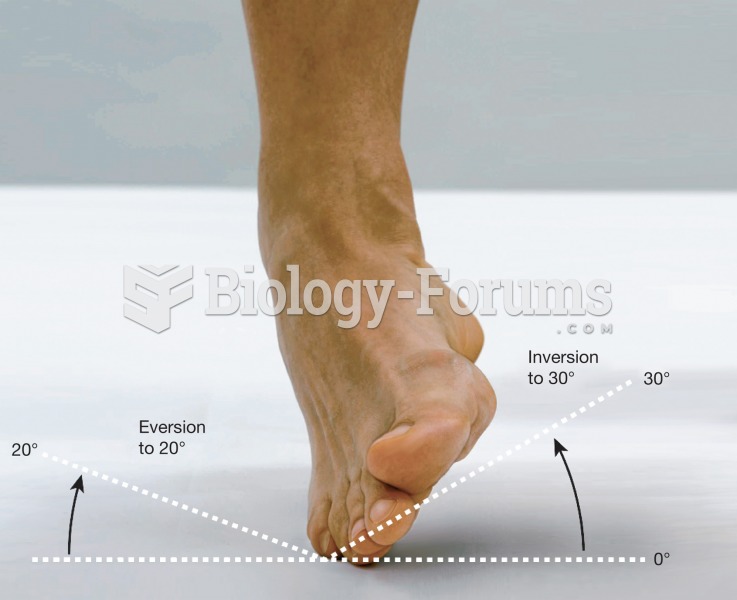|
|
|
Did you know?
Aspirin is the most widely used drug in the world. It has even been recognized as such by the Guinness Book of World Records.
Did you know?
Elderly adults are living longer, and causes of death are shifting. At the same time, autopsy rates are at or near their lowest in history.
Did you know?
It is believed that humans initially contracted crabs from gorillas about 3 million years ago from either sleeping in gorilla nests or eating the apes.
Did you know?
Normal urine is sterile. It contains fluids, salts, and waste products. It is free of bacteria, viruses, and fungi.
Did you know?
Pope Sylvester II tried to introduce Arabic numbers into Europe between the years 999 and 1003, but their use did not catch on for a few more centuries, and Roman numerals continued to be the primary number system.
 With your fingertips, using medium pressure, trace the colon over the abdomen. Move in clockwise ...
With your fingertips, using medium pressure, trace the colon over the abdomen. Move in clockwise ...
 Separate the metatarsals. Create space between the metatarsals by holding onto the sides of the foot ...
Separate the metatarsals. Create space between the metatarsals by holding onto the sides of the foot ...





